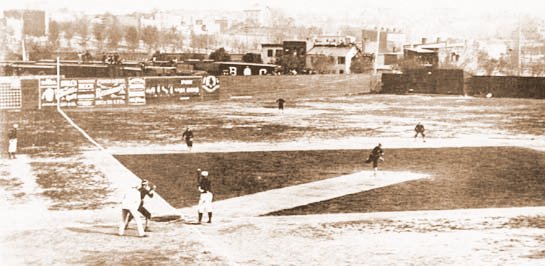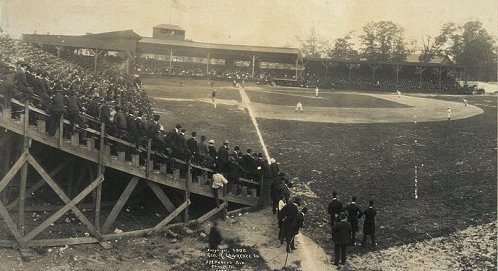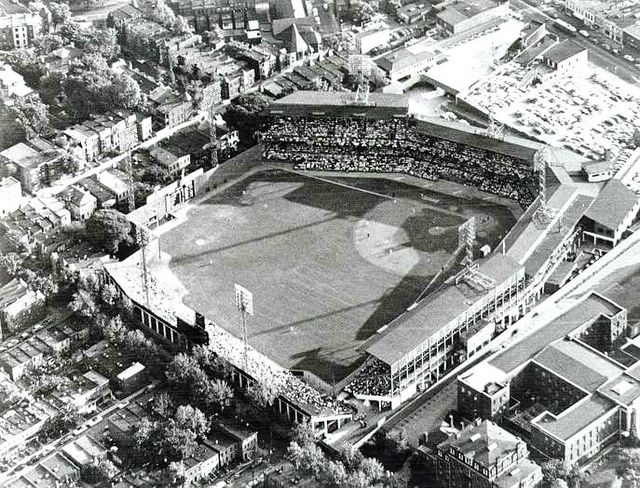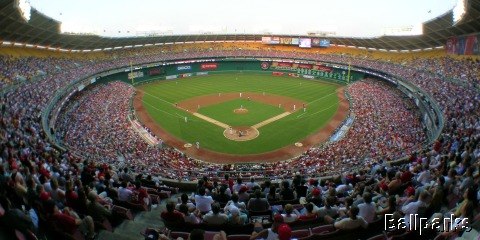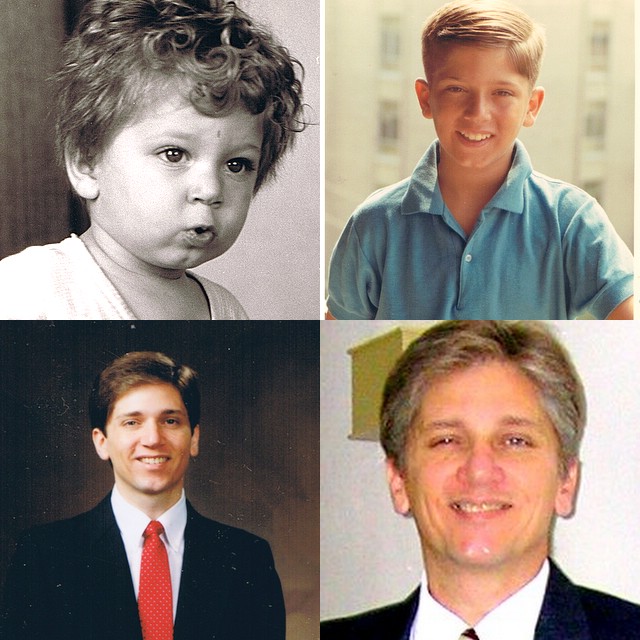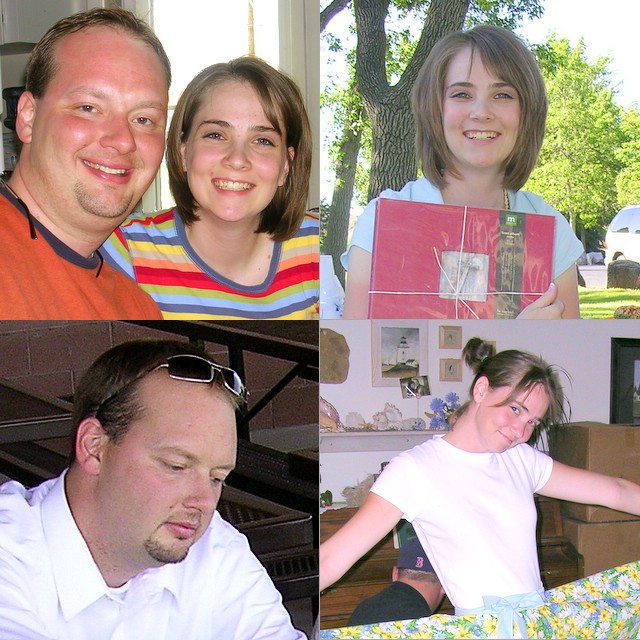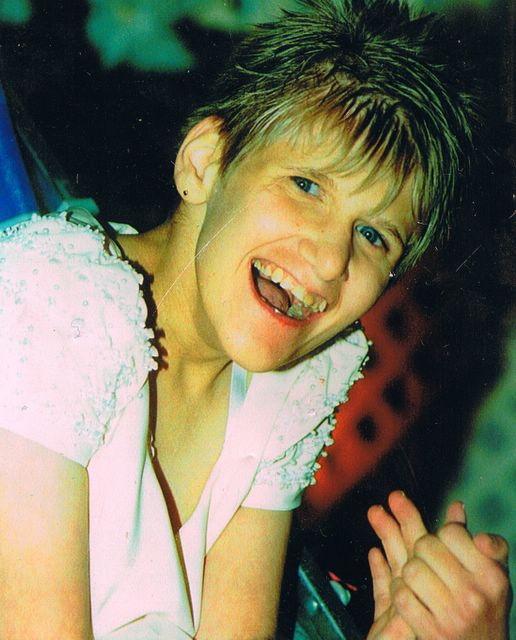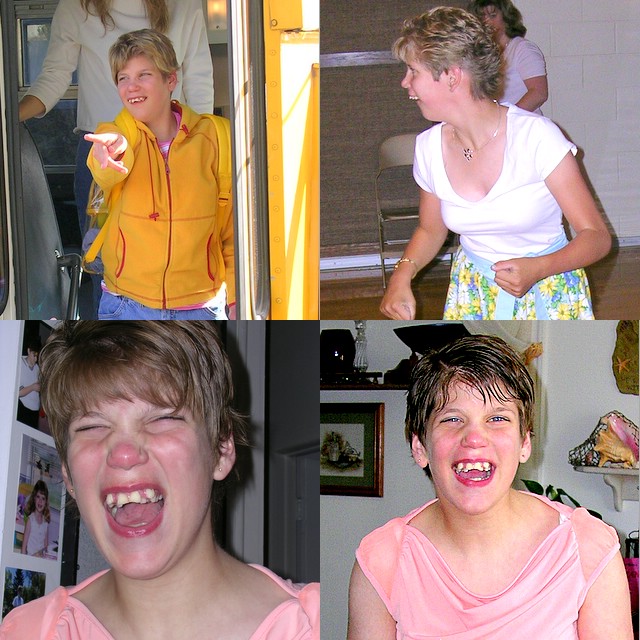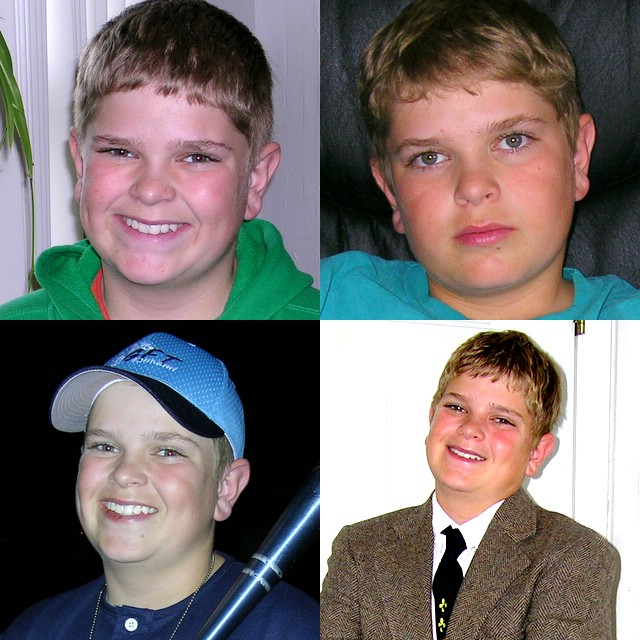Behind Every National Is A Senator With A Story
 [October 19th] -- I am part of that generation that remembers baseball in Washington before the Nationals. I spent many summer days in the upper deck of RFK Stadium, watching players wearing red hats with "curly" W's on them glide along the stadium's lush green grass. Although I remembered the names and the statistics of those players, I had forgotten the texture of their talent, their idiosyncrasies, their passion.
[October 19th] -- I am part of that generation that remembers baseball in Washington before the Nationals. I spent many summer days in the upper deck of RFK Stadium, watching players wearing red hats with "curly" W's on them glide along the stadium's lush green grass. Although I remembered the names and the statistics of those players, I had forgotten the texture of their talent, their idiosyncrasies, their passion.
That is, until this past June.
I was watching a "Nats - Mets" game this past summer from my easy-chair in the den. Living In Idaho, the twenty inch, two-dimensional version of a Nationals game is the best I can get, so I make the best of it. But this day was different. I was given a surround system for my birthday, and though it was hooked up, I hadn't thought to turn it on. My son came in around the 4th inning, and said, "Hey Dad, why don't you turn on the sound?" He walked to the unit and flipped the switch.
I had never listened to a game this way before. Suddenly, I could hear the ball zipping to the plate. That "pop" sound that the ball makes when it hits the glove echoed behind me. In the distance I could make out a vendor selling his wares, "Get your peanuts, get your peanuts here ... they're nutritious AND delicious!" I turned down the "center channel" and the announcers were silenced. It was just me and RFK, together for the first time in three decades.
John Patterson was warming up on the mound. I could hear the public address announcer drawing the attention of the fans to a message on the scoreboard. Then it happened. I felt like Sam Beckett, the character in the TV show "Quantum Leap." I was no longer in my den. I was back in 1969, at RFK Stadium, in the upper deck. "Oh boy."
Where John Patterson was just a moment before stood the imposing figure of Dick Bosman. Bosman came out of nowhere that season to win 14 games and lead the American League in ERA. Like Patterson, he had missed part of the season due to an injury. At first, barrel-chested Mike Epstein was laughing with the umpire as he warmed up the infield. His physical appearance was very similar to Nick Johnson. A lefty, Epstein clubbed 30 home runs in '69 even while platooning. Eddie Brinkman ran deep into the hole at short to retrieve one of Epstein's throws. He back-handed the ball, twirled in the air and fired a strike to first. Epstein caught the ball chest high and pointed to the slender shortstop as if to say, "nice catch." Frank Howard was warming up with Del Unser in centerfield. Even then, while just trying to get loose, it was apparent that Hondo had no speed, no range, and little hope of tracking down a ball in left unless it was hit on a line directly at him. The fans in the leftfield corner [all six of them] were chanting Hon-do, Hon-do, Hon-do. He waved in appreciation. Lee Maye was leaning against the chain-link fence, chatting with ace reliever Darold Knowles. Maye, acquired from the Indians in a mid-season trade, plugged the only real hole in the lineup that year. Bernie Allen, the soft spoken second baseman, was preparing to play, stretching his hamstrings behind the mound. Paul Casanova took the last warm-up pitch from Bosman and fired it to second base. Allen whipped the ball to third, where the imposing figure of Ken McMullen stood. McMullen was the second best fielding 3rd baseman in the American League. But because Brooks Robinson played only 45 miles away, Mac's talents were underappreciated around the league. From my perch in the upper deck, I could barely see Ted Williams in the dugout. Williams, wearing his ever-present red Senators warm-up jacket, was leaning forward, his left foot resting on the top step. The team was ready. The manager was ready. I was ready.
As New York's Horace Clarke came to the plate, the public address system came to life: "Leading off for the ..... Mets, second baseman Jose Reyes." Like the penny in the pocket of Christopher Reeve in the movie "Somewhere in Time," hearing the name of this present day Met returned me to my 2005 reality. What a trip. I had forgotten the "feel" of the Senators. Kenny McMullen could really hit. Paul Casanova really couldn't. Bernie Allen was slow yet got to all the balls hit in his direction. I had forgotten just how far a ball would fly when powered by Frank Howard's god-given muscles. Although the Senators are made fun of even today, most forget that the 1969 version won five more games than the Nationals did in 2005.
I hope that 30 years from now, kids who have watched the Nationals play will remember the feel, the smell, the texture of a game played at RFK Stadium. The statistics, the wins or losses, the highlights are all secondary to the experience of watching your team playing in your town at your park.
I had forgotten.








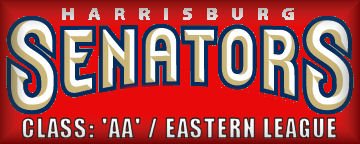
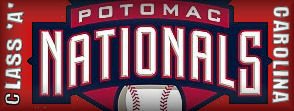

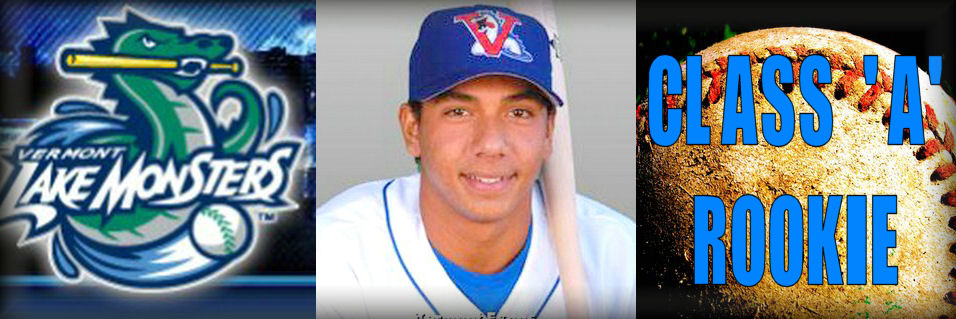











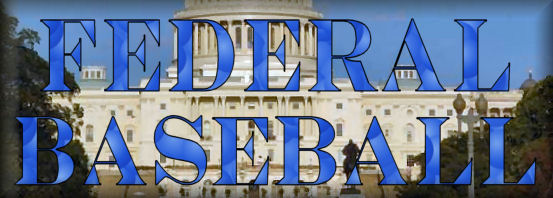



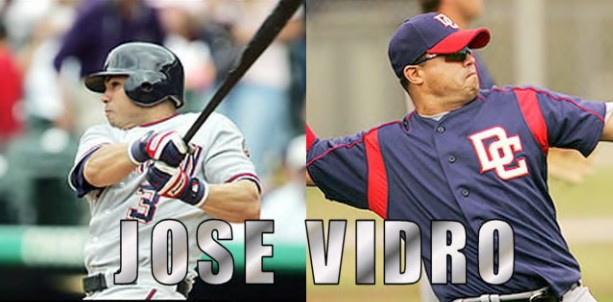




















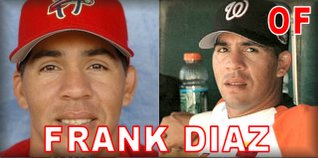

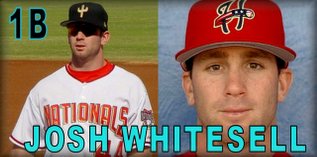
 3) 1926 (road) --- 4) 1936-'37, 1948-'51
3) 1926 (road) --- 4) 1936-'37, 1948-'51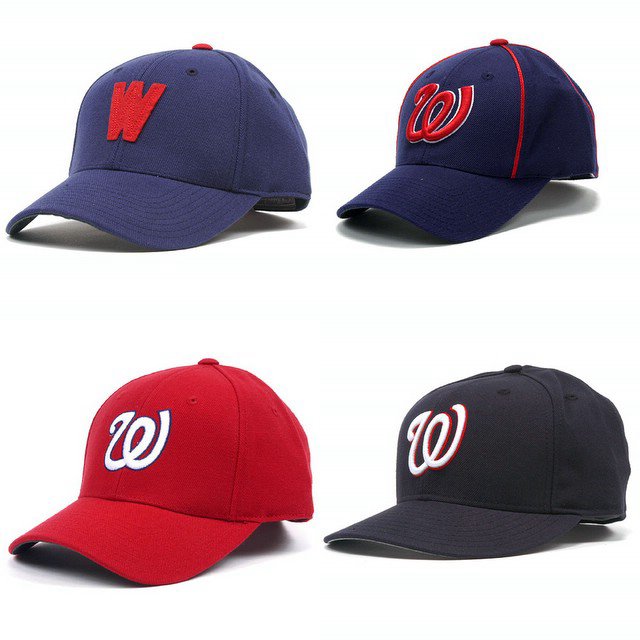 3) 1968 - '71, and 2005 (home) --- 4) 2005 (road)
3) 1968 - '71, and 2005 (home) --- 4) 2005 (road) Buddy Meyer --- Walter Johnson
Buddy Meyer --- Walter Johnson Ed Yost --- Muddy Ruel
Ed Yost --- Muddy Ruel Roger Peckinpaugh --- Joe Cronin
Roger Peckinpaugh --- Joe Cronin Del Unser --- Darold Knowles
Del Unser --- Darold Knowles Ed Stroud - Mike Epstein
Ed Stroud - Mike Epstein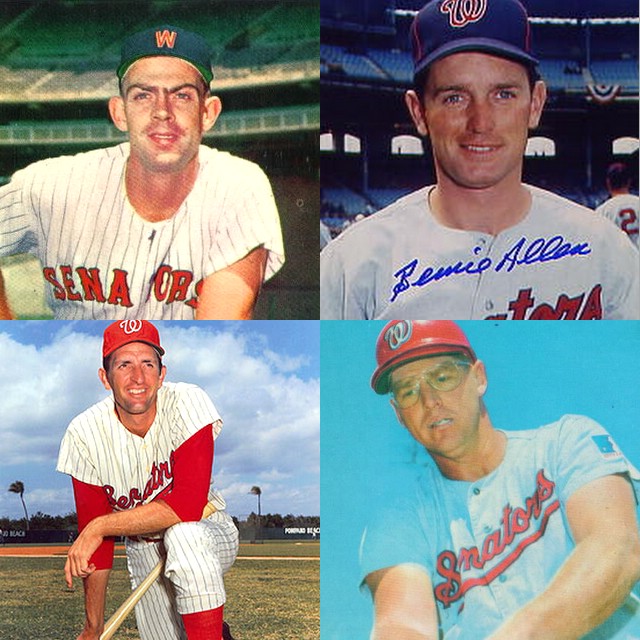 3)1968 -- 4)1969 - 1971
3)1968 -- 4)1969 - 1971